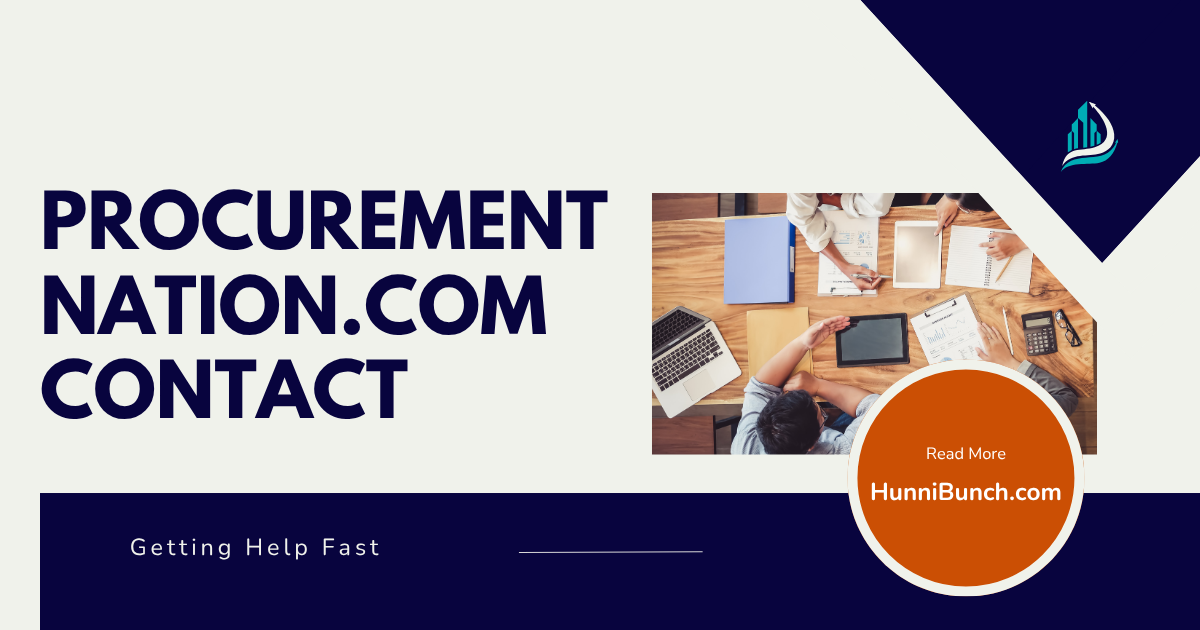Artificial intelligence management tools are changing project management processes. These sophisticated systems help project managers with communication and resource allocation. With AI’s capacity to process large volumes of data and learn from outcomes, project managers are empowered to lead with precision. Below, we’re going over the intricacies of AI in project management and exploring its multifaceted benefits.
The Future of Project Management
Alt text: Five employees sitting at a conference desk discussing how to use an AI management tool
An AI management tool allows for the process of establishing policies, procedures, and standardized protocols for the responsible use of AI deployment within an organization.. Upland’s BA Insight provides the framework to help organizations manage any risks and opportunities associated with AI deployment. It’s a great way to optimize project workflows, flag potential risks, and draw insights. This type of automation ism invaluable for modern businesses.
More importantly, the integration of AI in project management software allows for real-time tracking and updates, which elevates the level of control and oversight a project manager has. It can prioritize tasks based on their impact, ensuring that teams focus on what truly matters. Moreover, it automates repetitive tasks, freeing up human managers to concentrate on more strategic initiatives.
AI’s Role in Project Analysis and Forecasting
Alt text: Multiple employees facing each other and learning how to use an AI management tool
One of the most significant advantages of AI in project management is bolstered decision-making. AI tools deliver comprehensive analytics that provide deep insights into robust data sets, which can be complex and time-consuming to analyze humanly. By identifying patterns and predicting outcomes, AI allows managers to make informed decisions that align with both immediate and long-term project goals.
These AI-driven systems can project forecasts that help in strategic planning and risk management. They estimate project durations, budgets, and resource requirements with a high degree of accuracy. Consequently, organizations can reduce overspending and time overruns, which are common issues in traditional project management scenarios.
Streamlining Communication and Collaboration With AI Technologies
Effective communication and collaboration are essential ingredients to successful project execution. AI facilitates these by serving as a centralized platform where all team members can interact and access necessary information. Tools incorporating natural language processing can understand, interpret, and respond to team queries, making interactions intuitive and seamless.
AI-driven chatbots and virtual assistants, for example, can provide instant updates on project progress or answer queries about specific tasks. They can also notify team members about deadlines and changes, ensuring that everyone is on the same page. This minimizes misunderstandings and brings a new level of efficiency to collaboration.
Integrating AI With Traditional Project Management Methodologies
The arrival of AI doesn’t negate the value of conventional project management methodologies; instead, it enhances them. Agile, Waterfall, or Hybrid approaches are still relevant, but their implementation can now be augmented with data-driven insights provided by AI. Project managers can maintain their preferred management styles while leveraging AI for improved accuracy and efficiency.
For instance, Agile teams can utilize AI to better estimate sprint tasks or predict their velocity. Similarly, in Waterfall projects, AI can aid in more precise milestone planning and resource allocation. The synergy between AI and traditional methodologies brings forth the best of both worlds, where experience meets data for better project management.
AI’s adaptability also means that it can cater to industry-specific needs. Whether it’s in construction, healthcare, or software development, AI tools can be calibrated to align with specific sector requirements. They can account for regulatory considerations or specific risk factors in these industries, too. This allows for custom project management to the particular contours of literally any industry.
As the project management field continues adapting to AI integration, it becomes crucial for professionals to harness these tools for sustainable advancement and a competitive edge.



